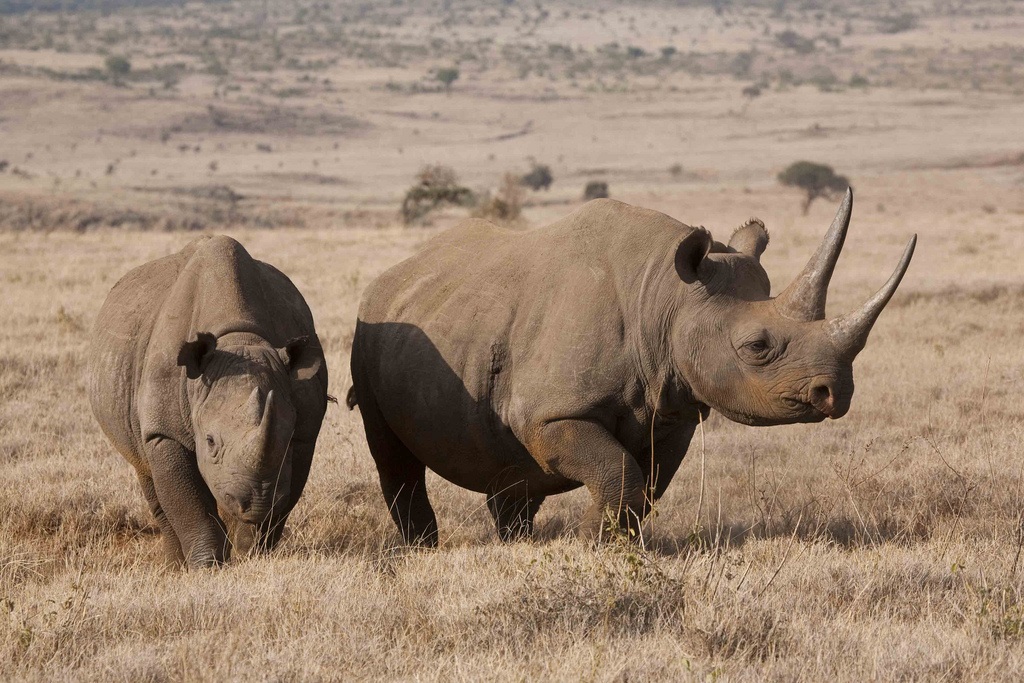There’s a reason why cows, dogs, and cats are almost certain to never go extinct. They’re owned by people who highly value them. The risk of extinction is a threat unique to unowned wildlife. Although the connection between ownership/economic value and species’ survival has seemed obvious to some for a long time, few governments embrace a property-rights-focused approach to endangered species protection.
Several other South African nations have adopted similar regimes. The result?
In South Africa today, . . . high-value wildlife species are traded to help land owners populate and restock their properties and establish new populations. There are also wildlife auctions in which national parks and others sell animals, which helps parks get funding. These policies, Wilson suggests, have meant that southern Africa has more wildlife than 100 years ago, unlike other parts of the continent where populations of animals are declining.
When used in Africa, this approach has been praised by many environmental groups. Property rights are an effective means of solving the tragedy of the commons.
The underlying philosophy behind these policies is the concept of tragedy of the commons. The logic goes like this: When wildlife is considered a public good, and the government takes on the duty of protecting it, humans don’t have any incentive to help in that effort – and might even resent the regulations enacted in order to protect animals (as GOP lawmakers seem to). But if land owners are given control over the animals on their property, and are even offered ways to profit from tourism or hunting, then they’ll have a reason to invest in growing and maintaining the animal populations.
But property-rights approaches received a more mixed response when tried in the United States. Several African antelopes are thriving on Texas ranches, where large herds have grown up funded by hunting revenues. The federal government has been largely supportive of these efforts, but an environmental group—Friends of Animals—sued the feds for allowing the successful program. Thankfully, Congress intervened and ratified the Service’s decision to allow the hunting ranches. The most telling moment in this controversy was when 60 Minutes interviewed Friends of Animal’s president to find out why she would oppose something that’s clearly helping endangered species. The interviewer directly asked her whether she’d rather see the species go extinct than be saved by having people own them and profit from their recovery. And she said “yes.”
Property rights are an effective means for conserving and recovering endangered species. If someone owns these animals and sees some gain from their flourishing, recovery is more likely. But if endangered species are merely a liability and any economic incentive to protect them is vigorously opposed, we can’t expect much better results than the Endangered Species Act’s woeful 2% recovery rate.
This post originally appeared on Free-cology. All opinions are Wood’s own and do not necessarily represent the views of the Pacific Legal Foundation.




